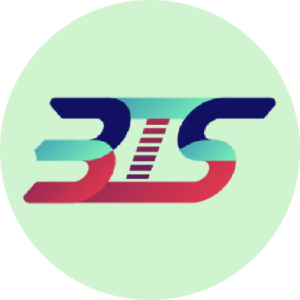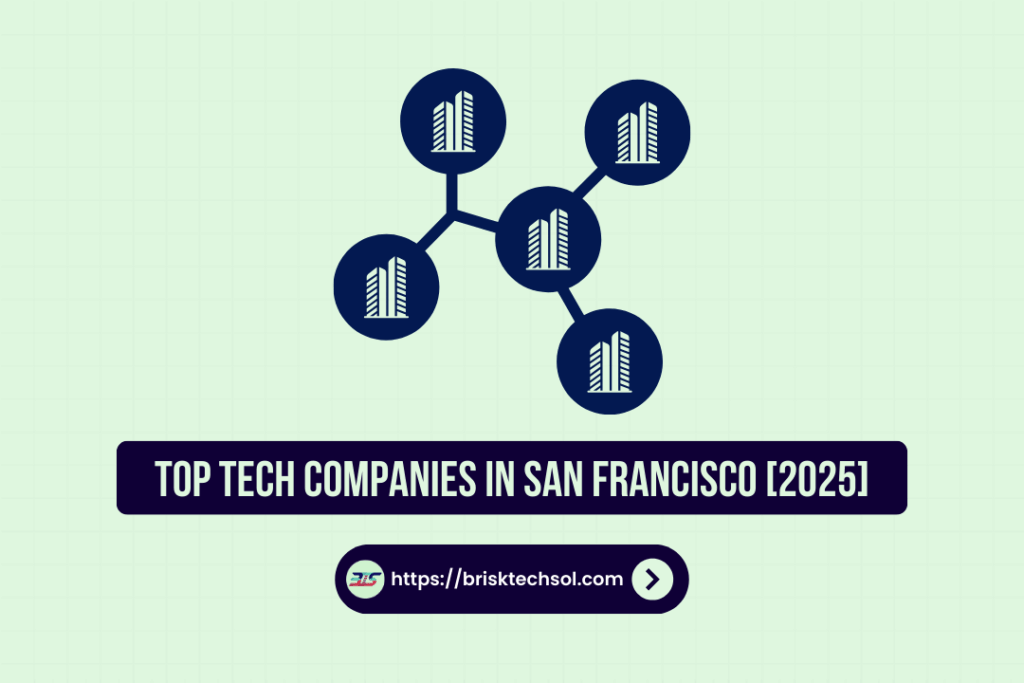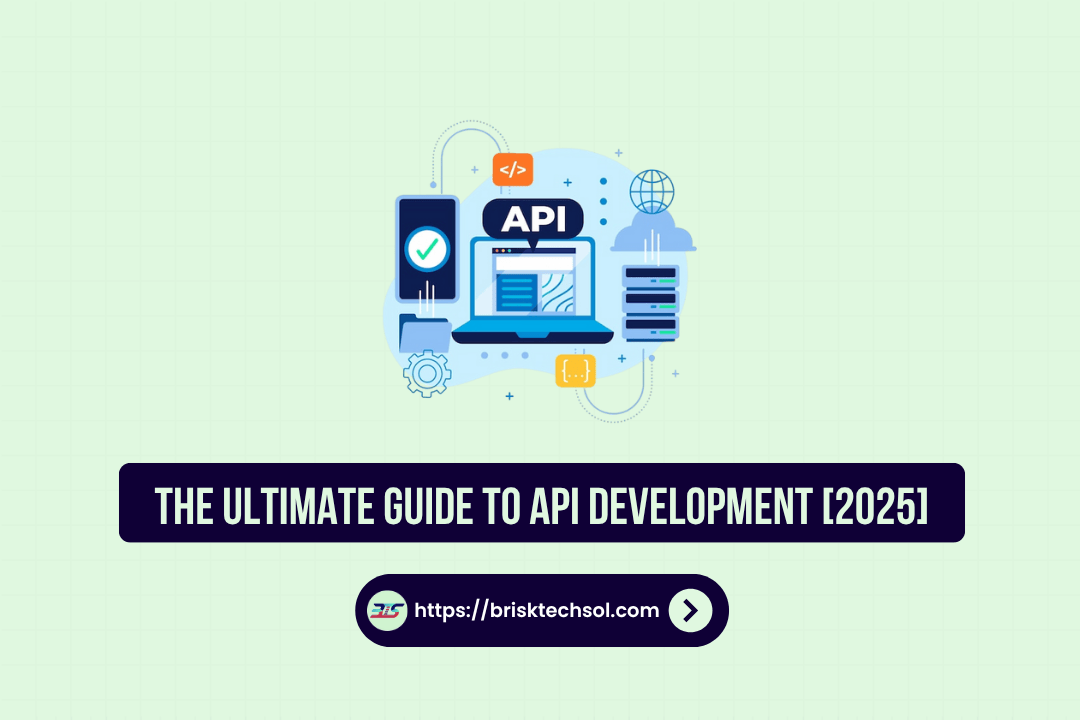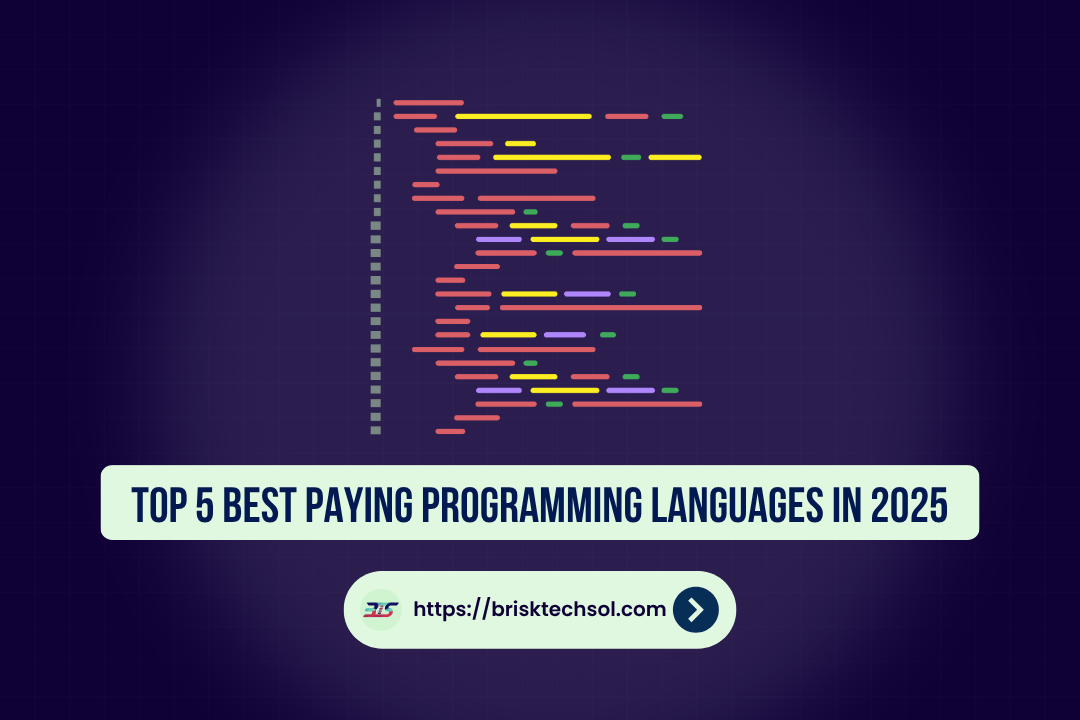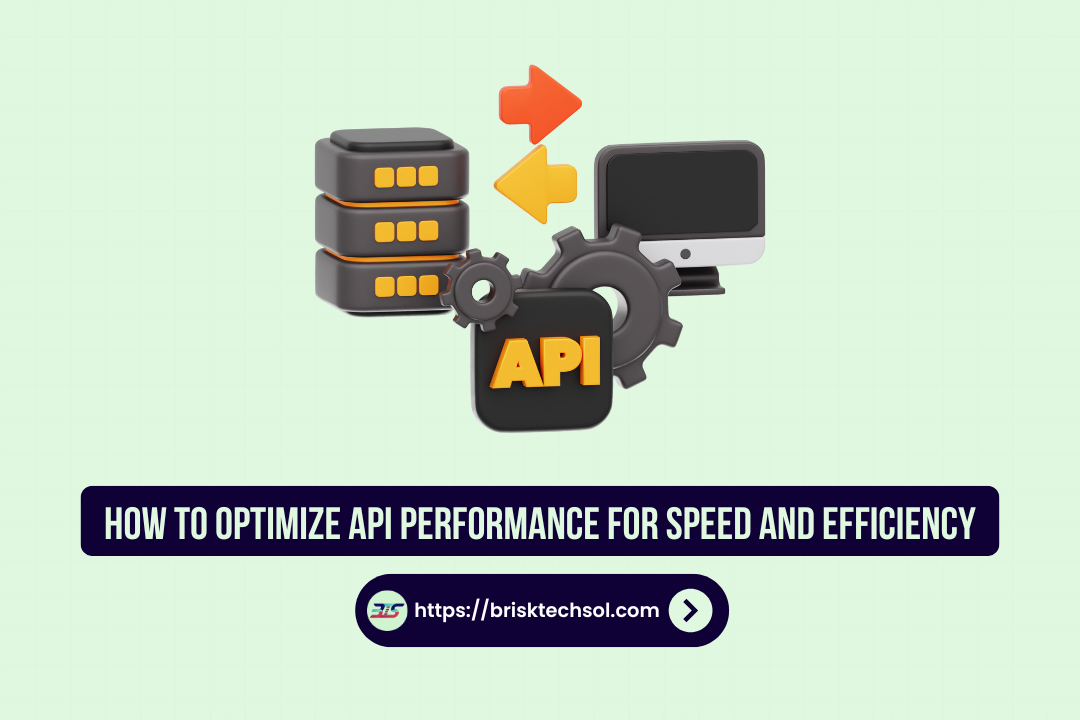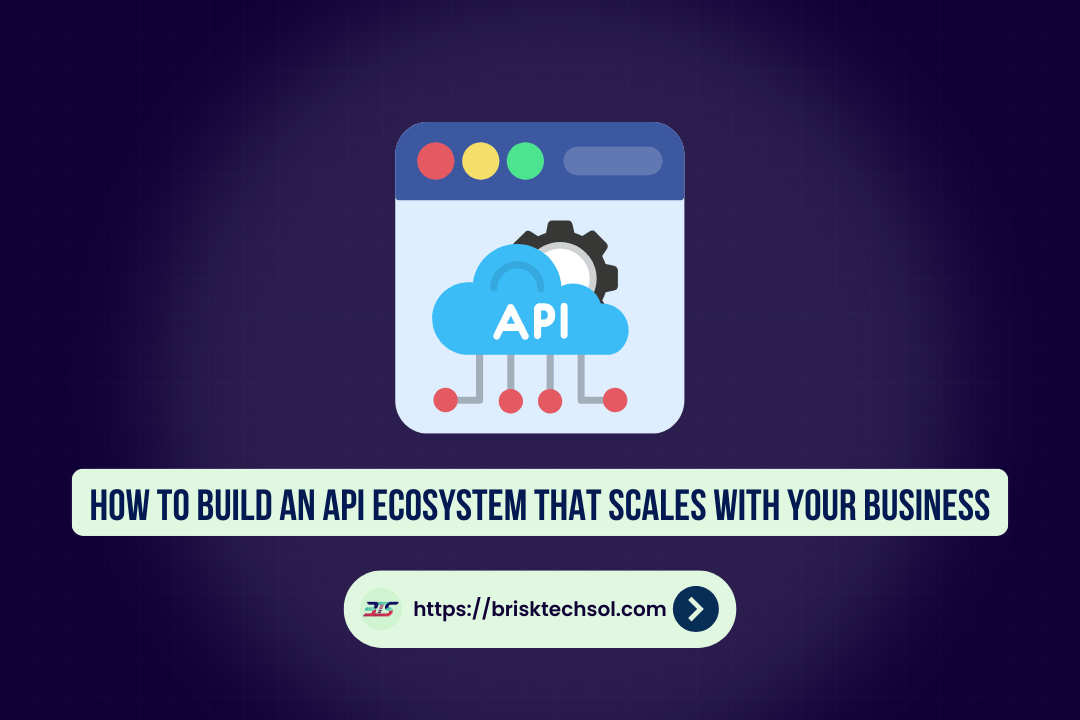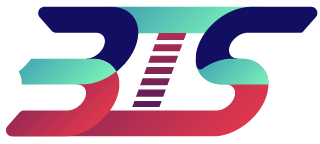Next-generation technology, innovation, and disruption have long been associated with San Francisco. The City by the Bay has drawn visionaries who are committed to making a difference, from the early days of dot-com fever to the current era of blockchain and artificial intelligence. We’ll explore the rich history, current executives, special benefits, and difficulties faced by tech companies in SF in this extensive guide. Get ready to travel through one of the world’s most vibrant tech ecosystems, whether you’re looking for a job, an investor, or just interested in what makes this area work.
Evolution of San Francisco’s Tech Scene
Dot-Com Era (Late 1990s–Early 2000s)
- Rapid growth was fueled by a venture capital frenzy.
- Businesses like Webvan and Pets.com made news for their spectacular failures as well as their successes.
- Silicon Valley and San Francisco became separate tech hubs.
Consolidation after the Bubble (mid-2000s)
- An emphasis on sustainable business models resulted from a downturn in startups.
- Social media and cloud computing pioneers started to gain traction.
Rise of Mobile and Web 2.0 (Late 2000s–2010s)
- Uber, Twitter (now X), and Facebook revolutionized communication and travel.
- Mobile-first innovation was accelerated by San Francisco’s density and collaborative culture.
Blockchain, AI, and Other Developments (2020s–Present)
- Startups in biotech, decentralized finance, and machine learning frameworks thrive.
- Today’s landscape is defined by a blend of tenacious newcomers and well-established giants.
Important Turning Points in San Francisco Tech History
- 1995: The dot‑com boom is sparked by Netscape’s IPO.
- 2004: In the SoMa neighborhood of San Francisco, Facebook opens its first office outside Harvard Square.
- 2009: Uber introduces its black car service, which subsequently spreads throughout the world.
- 2013: The sharing economy is made possible by Airbnb’s initial public offering.
- 2023: SF startups are at the forefront globally thanks to significant advancements in generative AI.
Top Tech Companies in San Francisco
Discover the most recognizable tech companies in San Francisco, whose inventions have influenced industries all over the world.
Salesforce
- Established: 1999
- Headquarters: San Francisco’s Salesforce Tower
- Expertise: Customer Relationship Management (CRM) on the cloud
- Notable Contributions: One of the biggest corporate employers in San Francisco; pioneered the SaaS delivery model.
- Workers: about 10,000
- G2 Score: 4.2 out of 5.
Twitter (currently X)
- Established: 2006 (changed its name to X in 2023)
- Headquarters: San Francisco’s Market Street
- Expertise: Instantaneous social networking
- Notable Contributions: Millions of daily active users; redefining public discourse and news distribution.
- Workers: approximately 1,500
- G2 Score: 3.8 out of 5.
Uber
- Established: 2009.
- Headquarters: San Francisco’s Market Street
- Specialties: food delivery and ride-hailing
- Notable Contributions: Expanded into freight and autonomous vehicles; upended the established taxi industry.
- Workers: about 22,800
- G2 Score: 4.3 out of 5.
Rising Stars & Innovators
Airbnb (Established 2008)
- Workers: about 6,800
- G2 Score: 4.5 out of 5.
- transformed every house into a possible hotel, reimagining hospitality.
Stripe (established in 2010)
- Workers: approximately 3,500
- G2 Score: 4.6 out of 5.
- The payments infrastructure that powers millions of businesses is developer-friendly.
Dropbox
- Established: 2007.
- Workers: about 3,000
- G2 Score: 4.4 out of 5.
- streamlined collaboration and file storage using a freemium business model.
Lyft
- Founded: 2012.
- Workers: about 4,000
- G2 Score: 4.2 out of 5.
- An alternative to ridesharing that emphasizes community involvement.
Asana (established in 2008)
- Workers: approximately 1,300
- G2 Score: 4.5 out of 5.
- Rating for Clutch: 4.6/5
- Project management software that prioritizes workflow and team alignment.
Startups to Watch in 2025
- Runway ML: AI-powered visual and video production tools that enable designers and artists to iterate more quickly.
- Rippling: A unified platform for finance, IT, and HR for contemporary businesses that automates onboarding and lowers overhead.
- MidJourney: Redefining creativity on digital canvases, leading the way in AI art generation with a thriving community.
- Nuro: Contactless, effective logistics are promised by these autonomous delivery vehicles intended for local trade.
- Arcadia Science: State-of-the-art biotechnology advancing personalized medicine and gene therapies.
- Instacart:
- Established: 2012
- Sector: E-commerce and grocery delivery
- Workers: about 3,000
- G2 Score: 4.4 out of 5.
- revolutionized grocery shopping with real-time tracking and on-demand personal shoppers.
- Established: 2012
Why Tech Companies Choose San Francisco?
- Talent Pool Near Top Universities: The local workforce is fueled by highly skilled graduates from Stanford and UC Berkeley.
- Dense Network of Investors: Sequoia, Andreessen Horowitz, Benchmark, and other venture capital firms are just a short distance away.
- Collaborative Culture: Regular conferences, hackathons, and get-togethers encourage the sharing of ideas.
Infrastructure and Ecosystem Support
- Accelerators & Incubators: 500 Startups, Y Combinator, and other organizations offer seed money and mentorship.
- Coworking Hubs: Locations such as Galvanize and WeWork provide networking opportunities and flexible workspaces.
- Legal & Financial Services: Tech-specific needs are met by specialized law firms and accounting firms.
Life Quality
- Urban amenities include top-notch dining options, the arts, and a vibrant nightlife.
- The Marin Headlands, Golden Gate Park, and the neighboring wine country provide access to nature.
- Global Connectivity: San Francisco is connected to the world by major airports (SFO and OAK).
Challenges Facing SF Tech Companies
- Extremely High Operating Expenses: The cost of real estate is one of the highest in the world.
- Rates for contractors and salaries are still rising.
- Rates for contractors and salaries are still rising.
- Housing and Commute Crunch: Employees are forced to commute farther due to a shortage of available housing.
- Reliability issues with traffic and public transportation persist.
- Reliability issues with traffic and public transportation persist.
- Social and Regulatory Pressure: Strong compliance efforts are necessary to comply with data privacy regulations.
- Protests and legislative changes may result from community outrage over gentrification and inequality.
- Protests and legislative changes may result from community outrage over gentrification and inequality.
- Competition for Talent: Intense bidding wars for data scientists, engineers, and designers.
- Trends toward remote work both ease and exacerbate the difficulties in finding talent.
- Trends toward remote work both ease and exacerbate the difficulties in finding talent.
Tech Opportunities and Develop a Powerful Portfolio
- Hackathon projects, GitHub repositories, and open-source contributions.
- Strategic Networking:
- Attend alumni events, workshops, and tech talks.
- Make use of AngelList and LinkedIn recommendations.
- Attend alumni events, workshops, and tech talks.
- Recognize the Culture:
- Adopt rapid prototyping and agile approaches.
- Remain flexible when product roadmaps change.
- Adopt rapid prototyping and agile approaches.
For Business Owners
- Verify Immediately: To test concepts in weeks rather than months, use minimum viable products (MVPs).
- Use Accelerators: To improve your pitch, get early-stage funding and mentorship.
- Control Burn Rate: Don’t need to constantly raise money to reach important milestones.
- Diversify Across Stages for Investors: The risk-reward profiles of seed, Series A, and late-stage funds vary.
- Pay Attention to Domains: Blockchain, AI/ML, fintech, healthtech, and climate tech are still popular.
- Remain Near the Founders: Your investment can be safeguarded by frequent check-ins and advisory roles.
San Francisco’s Technological Future
- Emerging Technologies to Keep an Eye On: Synthetic data for safer machine learning models, code generation, and content creation.
- Web3 & Decentralization: Digital ownership is reshaped by NFTs, DAOs, and blockchain-based governance.
- Biotech & Healthtech: Digital diagnostics, personalized medicine, and gene editing revolutionize healthcare.
- Climate Tech: Using sustainable materials, clean energy, and carbon capture to fight global warming.
- The Function of Hybrid Work:
- Office Reimagination: Adaptable workstations, areas for collaboration, and integration of virtual and in-person interactions.
- Talent from Anywhere: Combining a global workforce with San Francisco roots to access a range of skill sets.
- Office Reimagination: Adaptable workstations, areas for collaboration, and integration of virtual and in-person interactions.
- Social Effects and Accountability:
- Frameworks for accountability, transparency, and bias reduction are all part of ethical AI.
- Diversity and Inclusion: Community collaborations, mentorship for marginalized groups, and equity initiatives.
- Sustainability Objectives: Sector-wide green office certifications and carbon neutrality commitments.
- Frameworks for accountability, transparency, and bias reduction are all part of ethical AI.
Conclusion
San Francisco’s combination of top-notch talent, substantial capital pools, and a risk-taking culture makes it an enduring magnet for innovators. From multinational giants like Salesforce and Uber to innovative startups experimenting with biotech and AI, Tech companies in SF are always pushing the envelope. Yes, there are still issues with housing, cost, and regulations, but the city’s adaptability and resilience are unrivaled. The tech ecosystem in San Francisco provides an unmatched window into the possibilities of the future, whether you’re looking for your next career move, researching potential investments, or just wondering what the future holds.
FAQs
How difficult is it to get hired by prestigious tech companies in San Francisco?
It’s fiercely competitive. For every available position, recruiters receive hundreds of applications. Strong technical proficiency, problem-solving abilities, and cultural fit are requirements for candidates. Your chances are greatly increased by networking, recommendations, and impressive portfolios.
Are living expenses in San Francisco too high for new hires?
Despite having one of the highest costs of living in the country, many startups in San Francisco provide benefits, equity packages, and competitive pay. Commuter stipends, shared housing, and policies that support remote work can all help reduce costs.
Can small businesses make it through San Francisco’s high overhead costs?
Yes, but only under strict financial supervision. In order to lower rent, negotiate advantageous terms with landlords, or maintain a low workforce until Series A funding closes, many startups opt for hybrid office models.
What positive effects do SF tech companies have on the neighborhood?
Through open-source contributions, mentorship programs, coding boot camps, and charitable endeavors. In order to promote STEM education and economic inclusion, businesses frequently sponsor local non-profits, meetups, and hackathons.
Which San Francisco neighborhood is ideal for tech offices?
With Mission Bay and Mid-Market expanding rapidly, the South of Market (SoMa) district continues to be the epicenter. While Dogpatch and Potrero Hill draw design and hardware-focused firms, the Financial District is home to numerous corporate headquarters.
What effects has remote work had on SF tech companies?
In addition to expanding talent pools, remote work has resulted in new office layouts. Many businesses use hybrid schedules, which allow for flexibility while utilizing the collaborative energy of the city.

